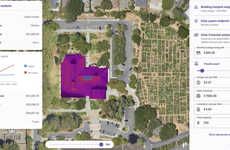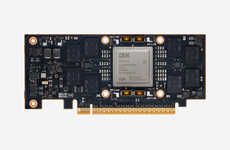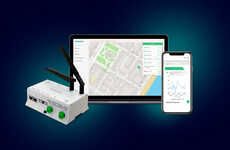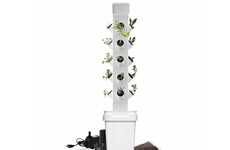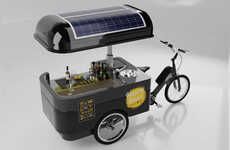
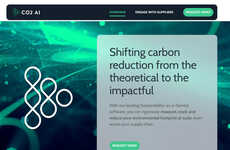


Brands are leveraging technology for sustainability and economic growth
Trend - In the era of eco-digital advancement, brands are leveraging digital technologies that not only generate economic value but also prioritize environmental and social benefits. By leveraging tools like AI for efficiency, blockchain for transparency, and synthetic biology for sustainability, brands aim to reduce waste, improve supply chain sustainability, and drive business value.
Insight - Consumers are at a crossroads. While they embrace the exciting possibilities of digital innovation, they are increasingly concerned about the environmental impact of these advancements. This heightened awareness is driving a demand for "sustainable innovation": technology that progresses without compromising the environment. Brands that can bridge this gap by offering both innovation and sustainability are not just selling products, they are aligning themselves with consumer values. This allows them to capture the evolving market for technology that is mindful of its impact, and ultimately, contribute to a more sustainable future.
Insight - Consumers are at a crossroads. While they embrace the exciting possibilities of digital innovation, they are increasingly concerned about the environmental impact of these advancements. This heightened awareness is driving a demand for "sustainable innovation": technology that progresses without compromising the environment. Brands that can bridge this gap by offering both innovation and sustainability are not just selling products, they are aligning themselves with consumer values. This allows them to capture the evolving market for technology that is mindful of its impact, and ultimately, contribute to a more sustainable future.
Workshop Question - How can your brand leverage technology to bridge the gap between cutting-edge innovation and meaningful sustainability practices, while aligning with the growing consumer demand for "innovation with a conscience"?
Trend Themes
1. AI-driven Sustainability - Brands are integrating artificial intelligence into their systems to monitor and reduce environmental impact while optimizing resources.
2. Iot in Urban Agriculture - The integration of IoT technology into vertical gardens and urban farming solutions allows for precise, sustainable plant management and water conservation.
3. Edge AI in Smart Cities - The use of Edge Artificial Intelligence in urban infrastructure enhances real-time data processing, leading to smarter, more energy-efficient cities.
Industry Implications
1. Renewable Energy - Developing innovative power solutions, such as solar and wind-powered IoT devices, to fulfill energy needs sustainably.
2. Agricultural Technology - Integrating advanced technologies to support sustainable farming practices and maximize crop yields efficiently.
3. Green Finance - Utilizing AI technology for the evaluation and improvement of sustainability metrics within the financial sector, particularly for real estate investments.












